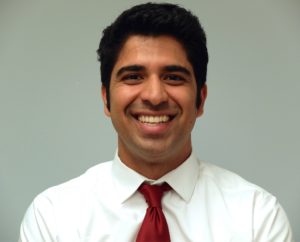Medical Aid in Dying: What My Dog Taught Me
He was sick, but it wasn’t like he was going to die anytime soon. A year ago, my dog Sierra sustained a neurological insult that left him delirious, unable to walk straight and almost entirely blind and deaf.




